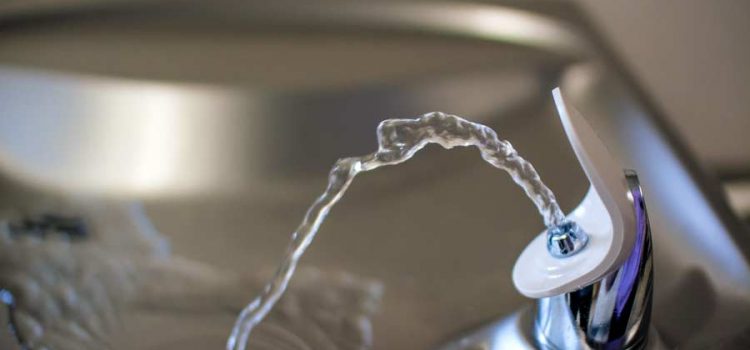Water is very important for the operation of many businesses. If you’re the owner of a business or commercial facility that relies on water for its day-to-day functions, it’s important that you understand the difference between hard and soft water. This will help you know which type of water is best suited for your commercial operations.
What Is the Difference Between Hard and Soft Water?
There’s no doubt that installing a commercial water softener is a great investment for any business owner. However, it is always important to understand the difference between soft and hard water. Hard water has a lot of minerals such as calcium and magnesium. These minerals can affect the quality of your facility’s appliances when they build up over time. Soft water doesn’t have these minerals.
How Does a Commercial Water Softener Work?
The main purpose of a commercial water softener is to get rid of calcium and magnesium minerals contained in hard water and substitute them with sodium ions. In all water softeners, the entire process takes place in the system’s tank. Where commercial water softeners differ from systems meant for home use is their capacity to soften much higher volumes of water to meet the needs of a commercial operation.
What Kind of Business Can Benefit from Using a Water Softener?
Many types of businesses can benefit from using commercial water softer. They include hotels, apartments, car washes, hospitals, and restaurants among others.
Below are some of the most common benefits of a commercial water softener:
It Increases Energy Efficiency in Your Building
Your water heater won’t be able to operate normally if it builds up hard water minerals. It is instead forced to overwork to be able to heat water. This can lead to high energy bills every month for your business. Installing a point-of-entry water softener will provide soft water to every pipe and every appliance in the facility, preventing them from accumulating hard water minerals that reduce their efficiency.
It Prolongs the Lifespan of Your Appliances
Prolonged use of hard water leads to the accumulation of minerals such as calcium and magnesium. This eventually creates a sludge around pipes and other metallic items. The sludge can also result in machine breakdowns over time, causing costly capital investments to need to be replaced.
It Makes Water Taste Better
Hard water usually has a sour and salty taste. It also has an order that is not very pleasant. The purpose of the water softener is to turn hard chemicals into soft ones. After the softening process, you will notice that the water in your facility will taste sweeter and more natural. This is great for any business serving tap water for customers to drink as well as any facility with public water fountains installed.
It Makes Water Safer for People to Use
Hard water is known to have adverse effects on human health, especially the skin and hair. It can also lead to rashes, dryness, and other skin problems. Additionally, prolonged use of hard water can even lead to serious health issues such as kidney or other organ stones. Soft water prevents all these issues by eliminating the harmful chemicals found in hard water, making it essential for any facility providing public showers or drinking water.
It Lowers Maintenance Costs
Hard water can cause a lot of damage to your appliances and drainage pipes. This is because calcium and magnesium accumulate and form hard surfaces that reduce the lifespan of your appliances and pipes. You will be forced to spend a lot of money replacing or repairing them if you don’t install a commercial water softener.
Closing Thoughts
After reviewing the benefits, it’s no question that soft water is preferable to hard water for any business. All commercial facilities can benefit from the lower maintenance costs, and businesses with public showers or drinking water will benefit from serving safer, better tasting water to their customers.
